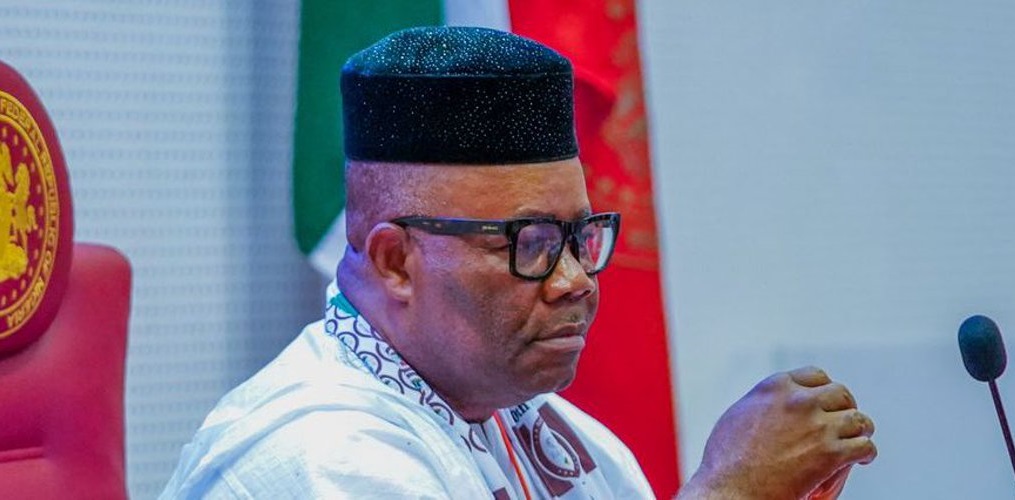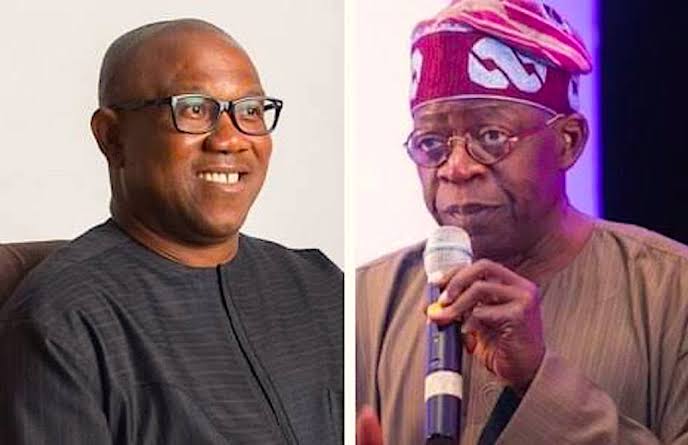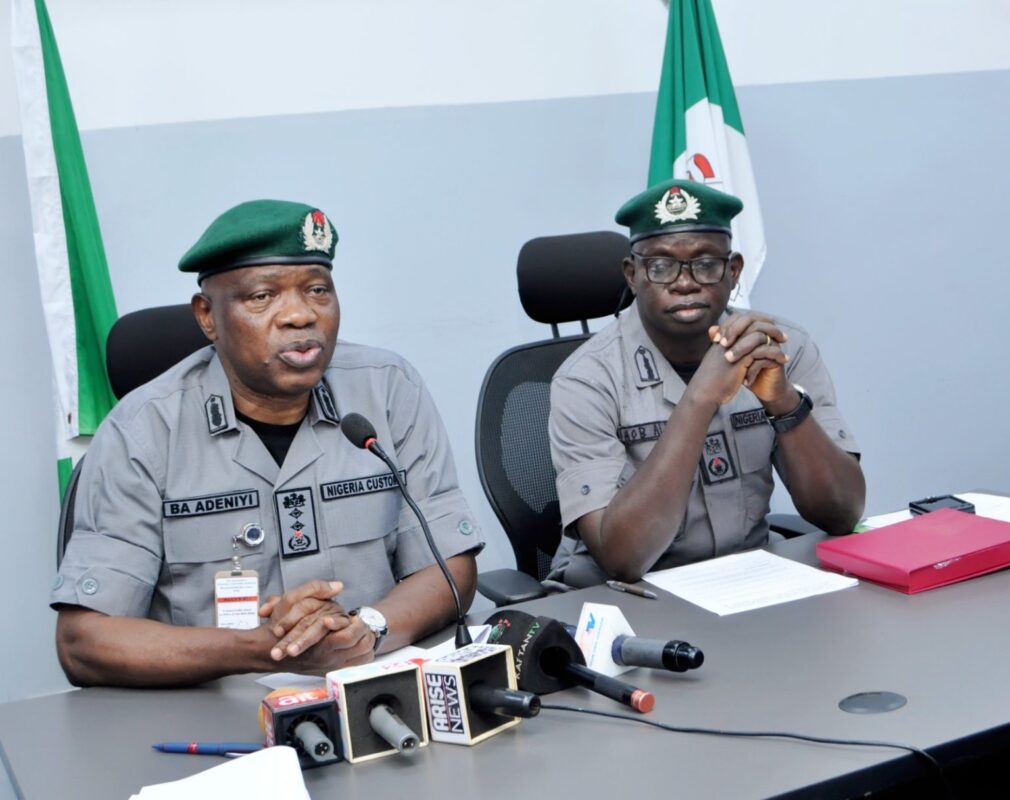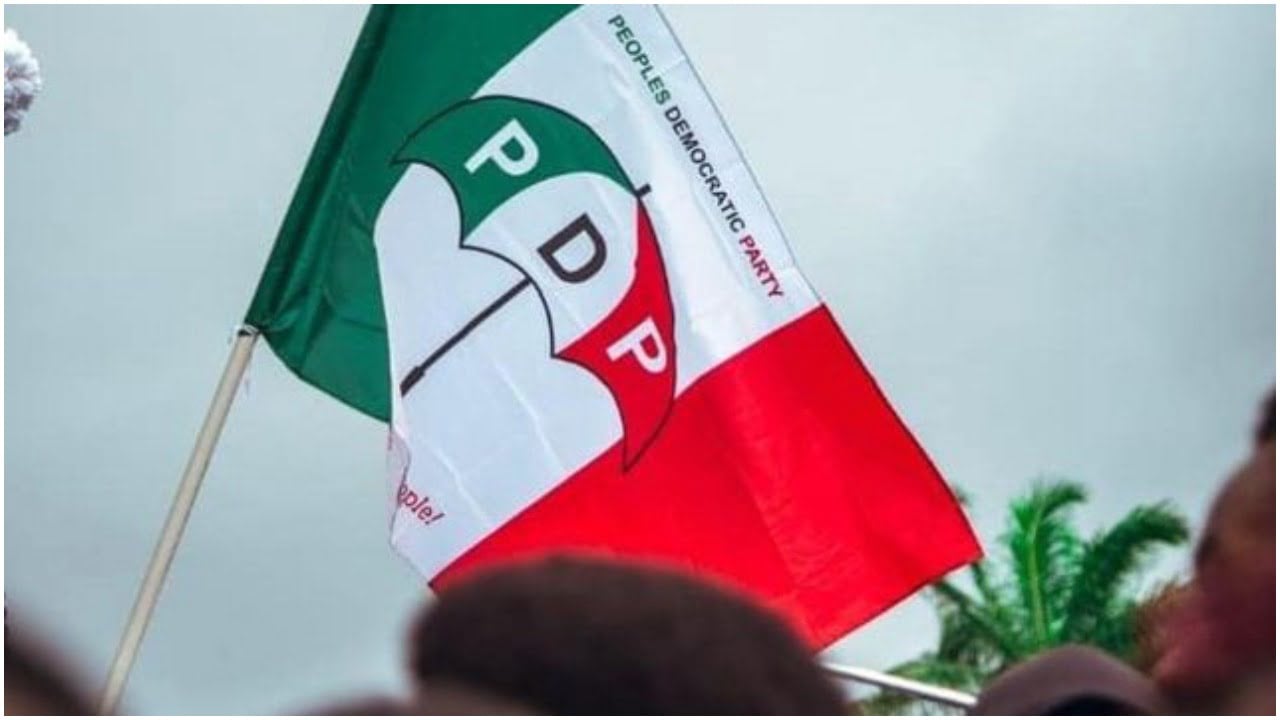The National Assembly leadership marked 26 years of uninterrupted democratic governance by pledging to intensify efforts in delivering the benefits of democracy to Nigerians.
Senate President Godswill Akpabio and House Speaker Abbas Tajudeen addressed the joint session of the Senate and House of Representatives, where President Bola Ahmed Tinubu was present. During the session, lawmakers urged the President to present the State of the Nation Address annually from the National Assembly.
Speaker Abbas proposed the idea, and Akpabio formally turned it into a motion, which lawmakers unanimously approved. Akpabio noted that President Tinubu had already made history by being the first to deliver such an address through the parliament.
“Mr. President, the Speaker has moved a motion for you to make the State of the Nation Address an annual tradition, especially on June 12, and I, as Senate President, have seconded it,” Akpabio said.
Akpabio praised Tinubu as a symbol of democratic struggle, recalling the President’s journey from exile and activism to the highest office in the land. He emphasized that Tinubu’s presence in the Assembly on June 12 carried deep symbolic significance.
“You embody the courage and persistence that have defined Nigeria’s democratic journey,” Akpabio said. “Your rise confirms that the sacrifices made for June 12 were not in vain.”
Reflecting on the annulled 1993 presidential election won by Chief M.K.O. Abiola, Akpabio recounted the national turmoil that followed, including protests, arrests, and forced exiles. He commended those, like Tinubu, who stood firm in the face of oppression.
“Nigeria’s democracy wasn’t handed to us by the military,” he stated. “The people reclaimed it through blood, sweat, and resistance. June 12 is more than a date; it represents the spirit that forged our democratic identity.”
Speaker Abbas urged the federal government to intensify its reform efforts despite the administration’s early achievements. He called for transformative action in the power sector and pushed for a people-oriented constitution by December 2025.
He outlined legislative priorities, including:
* Reserved seats for women,
* Defined constitutional roles for traditional rulers,
* Legal backing for 35% affirmative action in gender representation.
Abbas also called on the Nigerian Governors’ Forum to support these reforms at the state level.
He praised the President’s bold economic decisions—removing the fuel subsidy and floating the naira—and called for similar action in the power sector. He urged the government to move toward renewable energy sources such as solar, wind, and nuclear power to create a reliable national grid.
“If anyone can lead this transformation, Mr. President, it is you,” Abbas said.
He also emphasized the importance of developing the solid minerals sector to support economic diversification. He revealed plans for the House to begin revising the 2007 Mining Act, allowing subnational governments to participate within regulated limits and ensuring security.
Abbas added by stating that President Tinubu’s visit reaffirmed the strength and resilience of Nigeria’s democratic institutions.




